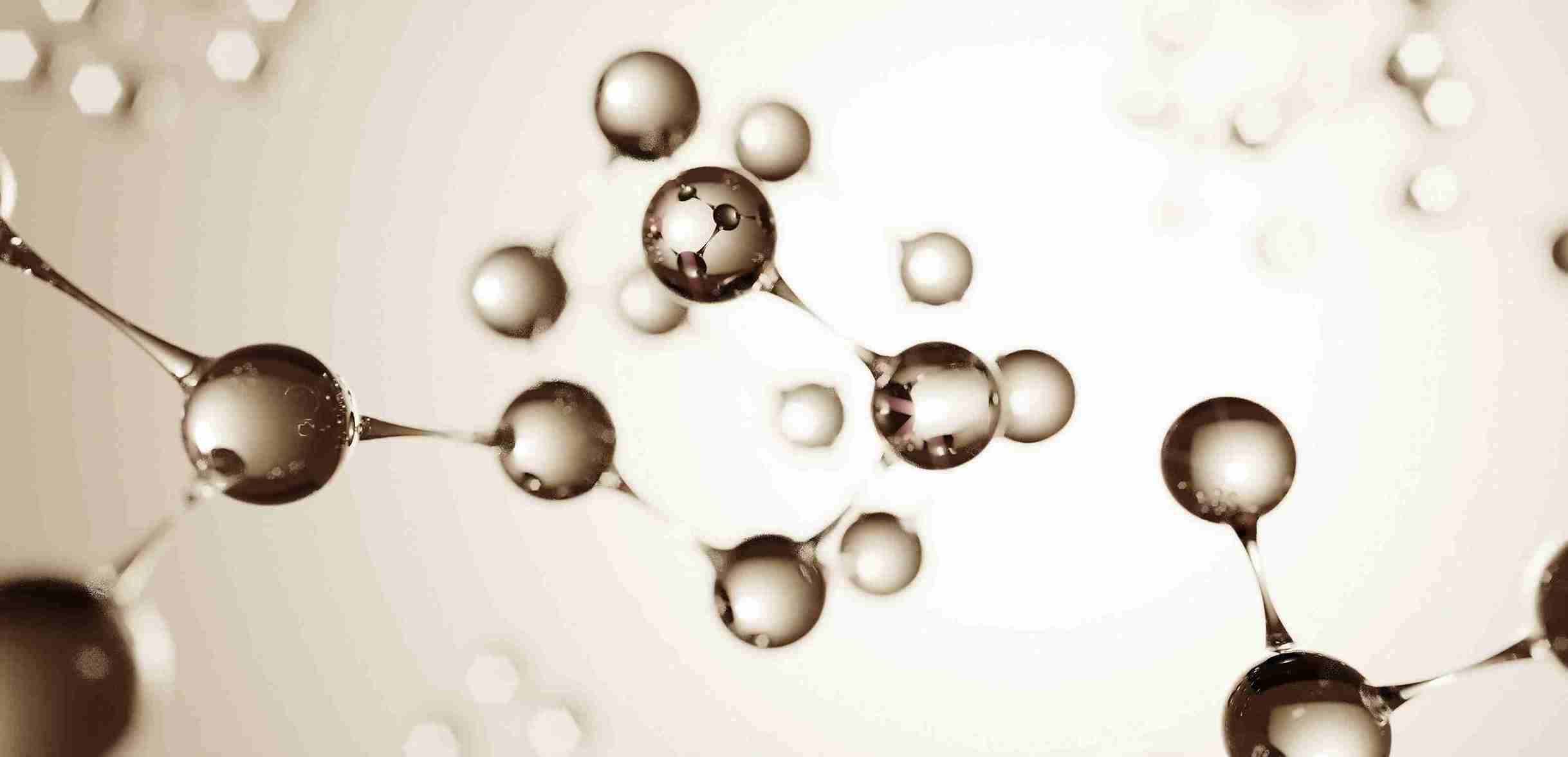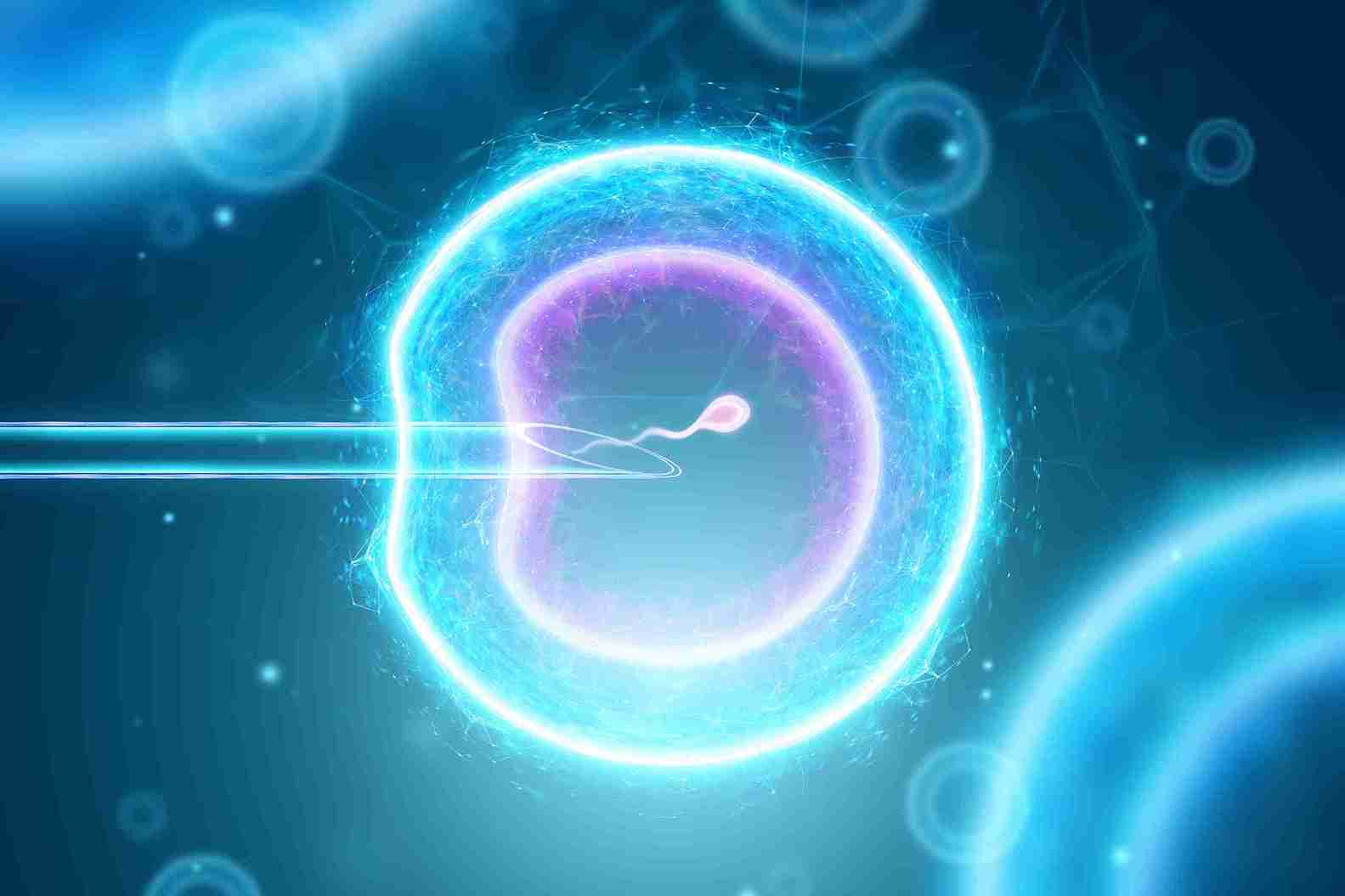
If you have been diagnosed with fertility issues like low AMH or poor egg quality and are worried about your chances of becoming pregnant, then this article is for you! In this article, we take a look at what it means to have low egg quality and low AMH fertility tips to improve both AMH levels and egg quality, and so on. This will give you a clearer idea of your options and guide you in taking the next steps on your path towards parenthood.

Anti-Müllerian hormone (AMH) is also known as Müllerian-inhibiting factor (MIF). Produced by the granulosa cells of the ovarian follicles, this hormone is one of the most important indicators of fertility in women. Specifically, AMH levels are used to assess ovarian reserve, that is, the number of eggs left within the ovaries.
Higher AMH levels usually mean there are more follicles, which are tiny fluid-filled sacs in the ovaries where eggs grow and mature. This often points to a higher egg count. On the other hand, low AMH levels could be a sign of there being fewer follicles and, consequently, a smaller egg reserve.
Women are often advised to get their AMH levels tested when they face fertility issues like failure to conceive naturally despite repeated attempts. This is usually done via blood tests.
Once the blood test is done, understanding what the AMH test results really mean can be quite tricky. This is because AMH levels naturally change with age. While there's no single definition of “normal”, here’s how most fertility experts interpret the results:
● Normal Range: 1.0 to 3.0 ng/mL
● Low Range: Below 1.0 ng/mL
● Very Low Range: Around 0.4 ng/mL
Women may have low AMH due to numerous reasons, such as:
Ovarian reserve will usually start declining as women get older, thus resulting in lower levels of AMH being produced by the ovarian follicles.
Abnormal levels of other hormones may impair ovarian health and lead to lower AMH levels.
Women with close female relatives with AMH imbalances are at risk of developing this issue as well.
Health conditions like PCOS and endometriosis can affect the ovaries' ability to secrete the AMH hormone.
Inflammation caused by lupus, rheumatoid arthritis (RA) and other autoimmune diseases can lead to abnormal fluctuations in AMH levels.
The health and working of reproductive organs may be affected adversely by poor diet, chronic stress, lack of exercise, exposure to toxic chemicals, etc.

A woman’s ovarian reserve (number of eggs left in the ovaries) is important because the higher the egg count, the higher the chances of conception. However, fertility is dependent on various other factors, chief among which is egg quality. Low AMH only indicates the presence of fewer eggs. Now, this doesn’t mean that the quality of the eggs is poor. In fact, even with fewer eggs, women with healthy, good-quality eggs can still become pregnant.
The term 'egg quality' is used to indicate the overall health and viability of the eggs (oocytes) present in the ovaries. Healthy, good-quality eggs will be structurally normal, mature properly within their follicles, and will be more likely to get fertilised during ovulation.
The quality of eggs is a key aspect that needs to be carefully considered while evaluating the fertility of women. Good egg quality is vital for successful conception. Such eggs have a higher chance of maturing and being released during ovulation, getting fertilised by a sperm and consequently developing into healthy embryos. In order to get pregnant and have a healthy baby, it is vital to boost egg quality naturally.
Here are the usual symptoms associated with low egg quality:
● Inability to get pregnant
● Recurrent miscarriages or stillbirths
● Irregular periods
● Abnormal hormone levels
The AMH test is used to check the quantity and not the quality of the eggs. However, egg quality will become a crucial factor in cases where AMH levels are low, and assisted reproductive techniques like IVF are being considered. Women diagnosed with low AMH will also have to focus on improving egg quality. They will need to adopt strategies to improve egg quality low AMH levels to have a better chance of becoming pregnant.

Here are a few practical tips to improve egg quality and AMH levels:
1. Improve your physical health. Lead an active life by regularly exercising.
2. Eat balanced, nutritious meals on time. Include foods rich in omega-3 fatty acids, antioxidants, folate, vitamin D, etc.
3. Quit harmful habits like smoking and tobacco use. These have a bad impact on overall health as well.
4. Limit the consumption of highly processed food, excessive sugar, caffeine, refined carbohydrates, artificial sweeteners, etc.
5. Sleep on time, for at least eight hours a day.
6. Stay hydrated and drink plenty of fluids.
7. Indulge in stress-management techniques like yoga, mindful breathing, meditation, etc.
8. Switch to organic food and products so as to limit the exposure to harmful toxins.
9. Ensure good mental health by seeking expert help, joining support groups, etc.
10. Take good egg quality supplements that contain essential vitamins and minerals, along with antioxidants like coenzyme Q10 (CoQ10).
Remember, these methods should be adopted only after consulting with your doctor. Every case is different, and these steps should match your treatment plan, not go against it. When used the right way along with medical care, they can help improve egg quality in women with low AMH levels.

A diagnosis of low ovarian reserve or poor egg quality is not really the end of your dreams of becoming a parent. Advancements in fertility treatments have made such issues much more manageable than before. Be proactive! Adopt a healthier lifestyle and follow the treatments advised by your doctor so as to improve your reproductive health and increase your chances of a successful pregnancy.

Low AMH usually points to lower ovarian reserve. This means there are fewer eggs left to be fertilised. It does not reflect the quality of the eggs.

Yes, it is quite possible to improve egg quality despite being diagnosed with low AMH.

For low AMH, supplements that contain folic acid, vitamin D and coenzyme Q10 (CoQ10) may be prescribed.

CoQ10 is a powerful antioxidant. Several studies have shown its efficacy in improving egg health.